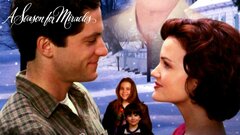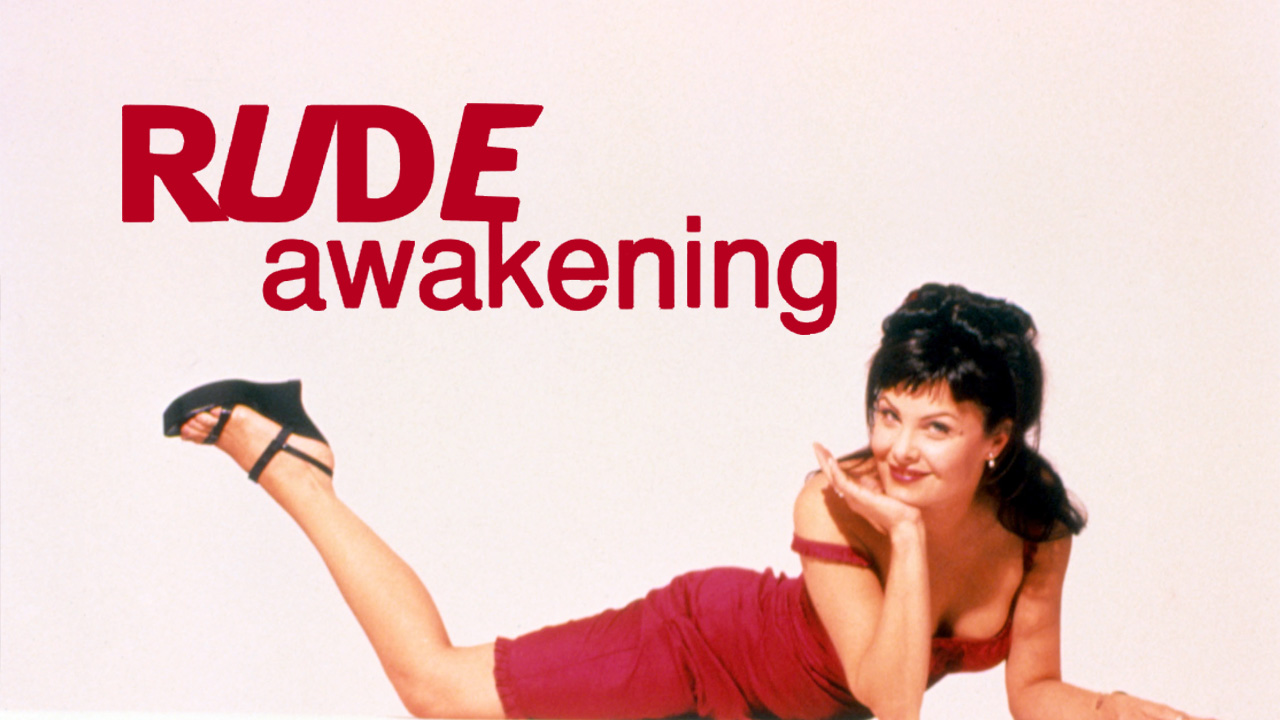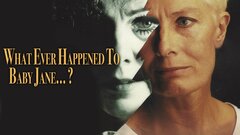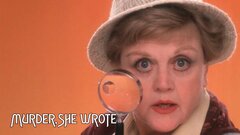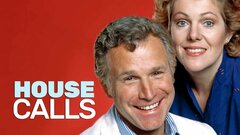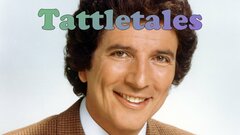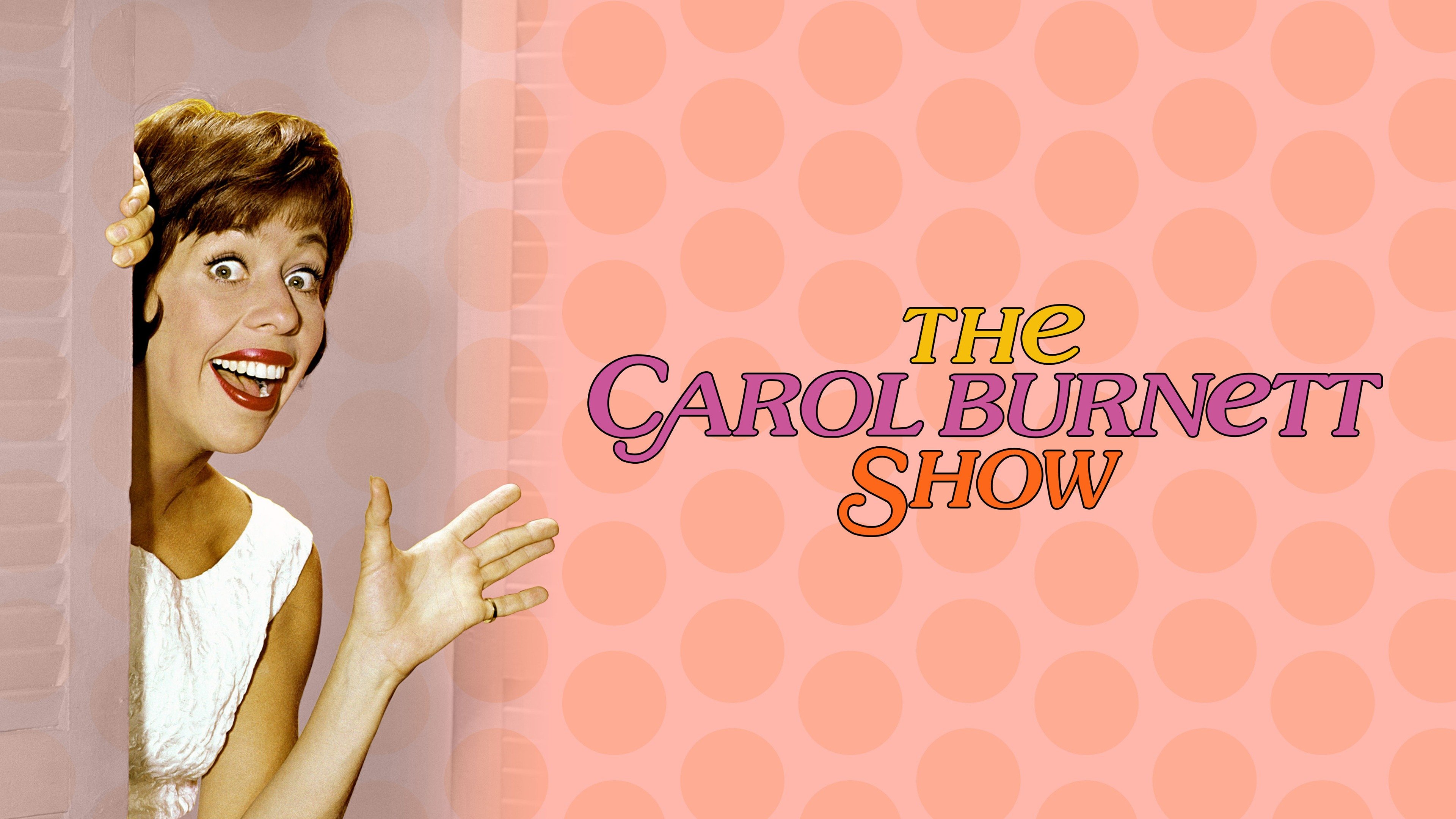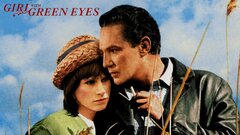Throughout her long and vibrant career, actress Lynn Redgrave was a dogged professional who seemingly worked non-stop, as she went from stage to screen and back again with frequency and ease. Redgrave hailed from one of the most famous performing families, whose roots in theatre stretched far back into her family tree and continued on past her own generation into the acting careers of her nieces Joely and Natasha Richardson.
Four short years after making her professional debut in a stage production of "A Midsummer Night's Dream" (1962), she was in direct competition with her sister, Vanessa, for an Academy Award for her seriocomic performance in "Georgy Girl" (1966). Ever since, Redgrave delighted audiences across the globe, touring in many theatre productions in major cities while constantly working in film and on television.
Despite outward appearances, Redgrave fought an ongoing battle with bulimia, which led to perhaps her greatest television exposure as the spokesperson for Weight Watchers from 1984 to 1992.
After a long absence from notable feature roles, Redgrave returned to the silver screen with "Shine" (1996), then earned her second Oscar nod for her role in "Gods and Monsters" (1998), which reminded a new generation of the actress' exemplary talents.
Born on March 8, 1943 in London, England, Redgrave was raised by her actor parents, Michael Redgrave and Rachel Kempson, both of whom - particularly her father - were shocked that she wanted to enter into the family profession, even though older sister, Vanessa, was practically expected to follow in their footsteps. Nonetheless, she was intent on becoming an actress and trained at London's Central School of Speech and Drama.
She made her professional stage debut in a Royal Court Theatre production of "A Midsummer Night's Dream" (1962), then joined director Laurence Olivier the following year at the National Theatre in "Hamlet" (1963). She made subsequent appearances in "Saint Joan" (1963), Henrik Ibsen's "The Master Builder" (1964) and Samuel Beckett's "Play" (1964).
Redgrave landed her first feature role in then brother-in-law Tony Richardson's Academy Award-winning Best Picture "Tom Jones" (1963), then had a part in "The Girl with the Green Eyes" (1964), playing a smart-mouthed Dubliner who rooms with a girl (Rita Tushingham) newly arrived from the country.
Redgrave continued on with the National Theatre, appearing opposite Olivier in "Love for Love" (1965), which also toured Moscow and Berlin, and Bertolt Brecht's "Mother Courage" (1965). But it was her breakthrough with "Georgy Girl" (1966) that propelled Redgrave to international stardom. She played a slightly overweight young woman torn between the advances of an older, wealthy married man and her roommate's dashing young boyfriend.
Redgrave starred alongside her mother, who had a small supporting role, and was in contention for an Academy Award opposite sister Vanessa, who was nominated for "Morgan!" (1966). Both lost out to Elizabeth Taylor's superlative performance in "Who's Afraid of Virginia Woolf?" (1966).
After making her Broadway debut in Peter Shaffer's "Black Comedy" (1967), she starred in the British comedy misfire "Smashing Time" (1967) and had a supporting role in the maudlin spy movie "The Deadly Affair" (1967), directed by Sidney Lumet.
Redgrave reunited with Lumet for the underwhelming and depressing drama, "The Last of the Mobile Hot-Shots" (1969), then starred alongside her mother again in "The Virgin Soldiers" (1969), a situation comedy about British army life.
By this point in her career, Redgrave was never wont for work, as she spent equal time performing on stage and on screen. After starring in David Hare's "Slag" (1970) at the Royal Court Theatre, she appeared in "Every Little Crook and Nanny" (1972), then had a memorable co-starring turn as the Queen in the "Do Aphrodisiacs Work?" segment of Woody Allen's uneven sex comedy, "Everything You Always Wanted to Know about Sex* (*But Were Afraid to Ask)" (1972).
Following a television adaptation of George Bernard Shaw's "Pygmalion" (BBC, 1973), Redgrave played an Irish journalist supporting a peasant revolution in Mexico in "Don't Turn the Other Cheek" (1974), then portrayed real-life call girl and madam Xaviera Hollander in "The Happy Hooker" (1975).
Back on the stage, she earned a Tony nomination for her performance in "Mrs. Warren's Profession" (1976), then played Viola in an American Shakespeare Festival production of "Twelfth Night" (1976) in Stratford, CT. She also appeared on the small screen in "Centennial" (NBC, 1978), an epic 12-part miniseries about the making of America that was the most ambitious project made for television up until that time.
Once the 1980s came around, Redgrave was appearing less on the big screen and more on television. In fact, after co-starring in the episodic comedy "Sunday Lovers" (1981), Redgrave was absent from feature films until the end of the decade.
Meanwhile, she returned to the stage with productions of Rogers & Hammerstein's "The King and I" (1982), as well as starred alongside Robert Preston and Larry Pressman in the made-for-television whodunit "Rehearsal for Murder" (CBS, 1982).
After several small screen projects, including a 1984 episode of "Murder, She Wrote" (CBS, 1984-1996), Redgrave was nominated for a Drama Desk Award for her performance in "Aren't We All?" (1985), co-starring Rex Harrison and Claudette Colbert.
Unafraid to venture into unchartered waters, Redgrave had a supporting role in the made-for-television movie "My Two Loves" (ABC, 1986), a tastefully balanced drama about a widowed mother (Mariette Hartley) torn between her late husband's business partner (Barry Newman) and her own best friend (Redgrave).
Following a six-year absence, she returned to features with the goofball teen comedy "Morgan Stewart's Coming Home" (1987), before starring in low-budget projects like "Death of a Son" (1988), "Midnight" (1989) and "Getting It Right" (1989) before once again leaving features to focus again on theater and television.
Despite her pedigreed acting family, there were only rare instances when any members performed together. In fact, Redgrave and her famous sister, Vanessa, never found the time or opportunity to collaborate on the stage.
That all changed in 1990 when the two co-starred together on the London stage alongside niece Jemma Redgrave in Anton Chekhov's "Three Sisters," which opened at the Yvonne Arnaud Theatre in Guilford, before moving on to Queen's Theatre in London and an international stop in Zurich.
Redgrave co-starred alongside sister Vanessa again, this time on the small screen, playing the titular character in a made-for-television adaptation of "What Ever Happened to Baby Jane?" (ABC, 1991).
After performing at Tony Randall's National Actors Theatre in "A Little Hotel on the Side" (1991) and a revival of Ibsen's "The Master Builder" (1992), Redgrave wrote and starred in "Shakespeare for my Father" (1993), a one-woman play in two acts that depicted her childhood relationship with her imposing father.
Initially staged in Cerritos, CA, the play toured 26 cities across the United States before finally landing on Broadway, where it stayed for 274 appearances - a then-unprecedented feat for a one-person show. It later toured the country again, making stops in Washington, D.C., Chicago and Cleveland, before traveling overseas to Melbourne, Australia.
Meanwhile, Redgrave was nominated for another Tony Award.
Although she has remained active onstage, replacing Carol Burnett in "Moon Over Buffalo" (1996), she made a triumphant return to the big screen with the career-reviving role of Gillian, the astrologer who wins the heart of pianist David Helfgott (Geoffrey Rush), in Scott Hicks' acclaimed "Shine" (1996). Her strong performances in two made-for-television movies - "Indefensible: The Truth About Edward Brennigan" (CBS, 1997) and "Toothless" (ABC, 1997) - were mere prelude to an extraordinary year that followed.
First came her eccentric headmistress in Sarah Kernochan's "Strike!/The Hairy Bird" (1998), a fine coming-of-age saga set in 1963, followed by her debut as Sherilyn Fenn's wealthy mother in the Showtime comedy series "Rude Awakening" (1998). But the real revelation was Bill Condon's fictionalized biopic "Gods and Monsters" (1998).
Almost unrecognizable as Hanna - the frumpy, stern, fiercely loyal European housekeeper of film director James Whale (Ian McKellen) - she provided superb comic relief, voicing tidbits like, "I'm sorry, Mr. Jimmy. Your movie is not my teacup." Submerging all vestiges of glamour, Redgrave made a great stand-in for all the long-suffering Igors, earning a well-deserved Best Supporting Actress Oscar nomination for perhaps her broadest turn to date.
Following performances in forgettable offbeat comedies like "The Annihilation of Fish" (1999) and "How to Kill Your Neighbor's Dog" (2000), Redgrave starred in "The Mandrake Root" (2001) at the Long Warf Theatre in New Haven, CT, then played the overbearing mother of an institutionalized woman (Kathy Bates) yearning for freedom in "My Sister's Keeper" (CBS, 2002).
Around this time, Redgrave was diagnosed with breast cancer and underwent a mastectomy in 2002, which she later chronicled in her memoir of the experience, Journal: A Mother and Daughter's Recovery from Breast Cancer (2004). Back on the big screen, she played Aunt Millicent in "Peter Pan" (2003), then had a small supporting role opposite Liam Neeson in "Kinsey" (2004).
As her career reached its autumn years, Redgrave stayed focused on the stage with occasional stints on the screen. After theatrical turns in "Sisters of the Garden" (2005) and "The Constant Wife" (2005), she had supporting feature roles in "The White Countess" (2005) and "The Jane Austen Book Club" (2007), followed by a slapstick turn as Ian's mother on a season three episode of "Desperate Housewives" (ABC, 2004-12).
She then had a short, but amusing cameo as a drunk at a ball in "Confessions of a Shopaholic" (2009).
On March 16, 2009, Redgrave found herself in the news for the most unfortunate of circumstances when her niece, Natasha Richardson, suffered a critical head injury in a skiing accident while on vacation in Canada. Redgrave, Richardson's sister Joely, Redgrave's own sister, Vanessa, and Richardson's husband of over a decade, actor Liam Neeson, kept a bedside vigil at the New York hospital where Natasha was transferred after the head injury two days before.
On March 18, 2009, Redgrave lost her niece after she was taken off life support following confirmation that she was officially brain dead. She was just 45.
Tragedy continued to plague the famous family when little over a year later, the actress' older brother, actor Corin Redgrave, died in London at age 70. Within less than a month, Redgrave, herself, lost her battle with breast cancer, passing away on May 2, 2010. She was 67 years old.






























